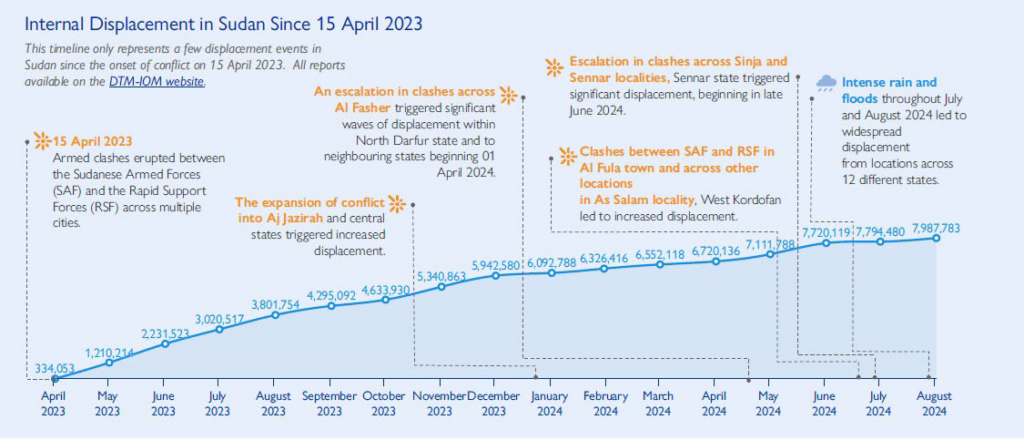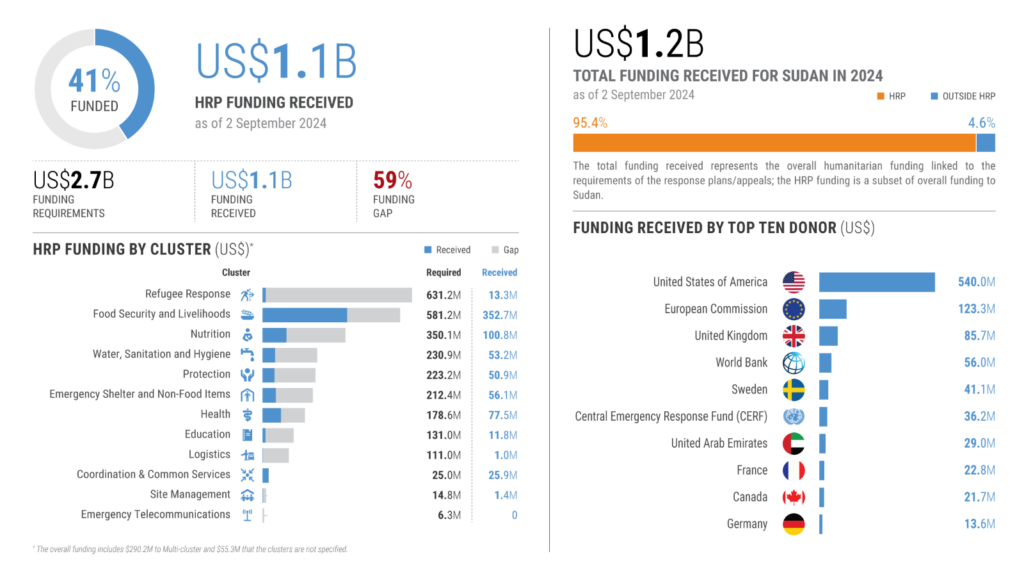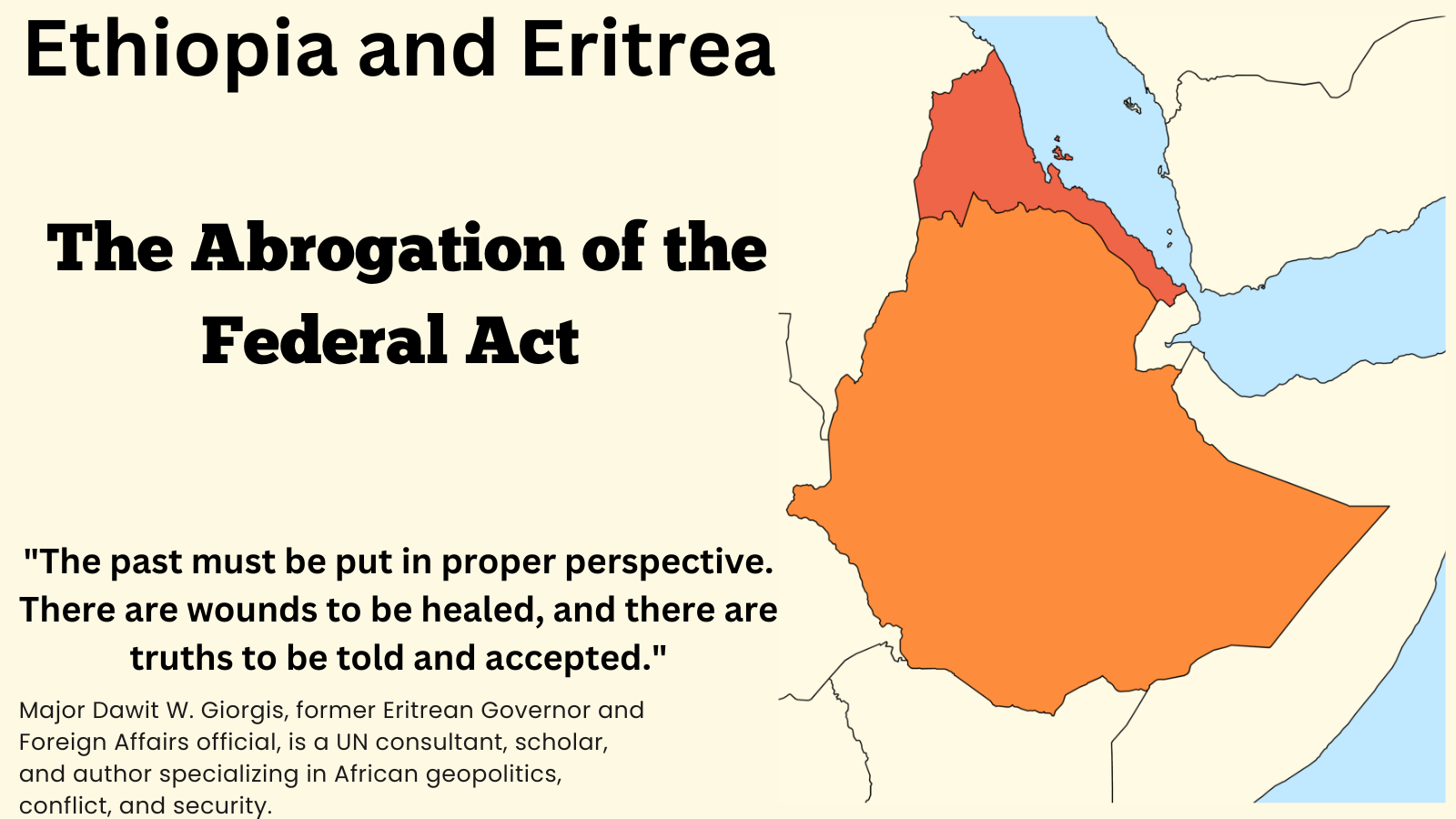16 Months of Conflict: Sudan Teeters on the Brink of Famine Amid Unrelenting Humanitarian Crisis – UN OCHA Sudan Humanitarian Update

The humanitarian situation in Sudan has reached alarming levels, with famine, flooding, disease outbreaks, and ongoing conflict causing widespread suffering. The United Nations Office for the Coordination of Humanitarian Affairs (OCHA) highlights several key issues that demand urgent global attention.
Famine Conditions in North Darfur

Famine has been officially confirmed in the Zamzam IDP camp near Al Fasher, marking the first such declaration globally since 2017. The famine conditions, exacerbated by more than 16 months of conflict, have spread to at least 13 other areas at risk, impacting thousands. Over half of Sudan’s population, approximately 25.6 million people, are experiencing acute food insecurity, with over 755,000 in catastrophic conditions.

Despite ongoing efforts, humanitarian organizations are hindered by severe funding shortages and restricted access, limiting the scope of their response. Clementine Nkweta-Salami, the Humanitarian Coordinator in Sudan, emphasized the need for an urgent injection of funds and safe, unimpeded access to reach those in need.
Almost 25 million people require assistance in 2024. The severity levels are increasing.
Impact of Flooding and Disease Outbreaks
Since June, Sudan has been experiencing heavy rains leading to widespread flooding, displacing hundreds of thousands and damaging critical infrastructure. The floods have also intensified the already dire situation in famine-affected areas, particularly in Darfur. The flooding has brought additional risks of disease outbreaks, including scorpion and snake infestations in Northern and River Nile states.
Adding to the crisis, a cholera outbreak has been confirmed, with nearly 2,900 cases and 112 deaths reported across five states. WHO and other partners have initiated vaccination campaigns and are establishing treatment units, but the scale of the outbreak presents a significant challenge.
Conflict and Displacement
The ongoing conflict in Sudan continues to drive mass displacement, with over 10.3 million people—roughly one in every five Sudanese—forced from their homes since April 2023. Khartoum alone accounts for 3.7 million displaced individuals. The conflict has also severely affected aid workers, with 22 killed and 34 injured, underscoring the extreme dangers faced by those attempting to deliver humanitarian assistance.
Humanitarian Response and Funding Challenges
Efforts to prevent famine are underway, with the Famine Prevention Plan (FPP) reaching millions in priority areas. However, humanitarian partners face critical funding shortages, with only 41% of the 2024 Humanitarian Needs and Response Plan funded by the end of August. This funding gap threatens the continuity of life-saving interventions across the country.

The re-opening of the Adre border crossing between Chad and Darfur has been a vital development, allowing the movement of aid supplies into Sudan. However, poor road conditions and shifting conflict lines continue to obstruct the delivery of assistance, with thousands of tonnes of food and nutrition supplies stuck in transit.
Call for International Support
On World Humanitarian Day, the UN and its partners called for the protection of civilians and aid workers and urged the international community to ensure accountability for violations of International Humanitarian Law. With Sudan facing the world’s largest hunger and displacement crisis, the need for a coordinated, well-funded response has never been more critical.
In summary, Sudan’s humanitarian crisis is worsening, with famine, flooding, and conflict driving unprecedented levels of need. Immediate international action, including increased funding and safe access for aid workers, is essential to prevent further catastrophe.
EAR- Editorial Note
This news story is sourced from : UNOCHA_Sudan situation report




